Outpatient medicine is a broad category of rotations and you could have a very different experience than someone else in their outpatient rotation. I am not sure if every PA school requires a general outpatient medicine in addition to the core rotations, but my school required us to have two outpatient medicine rotations. Since I already have several posts on specific outpatient rotations, such as family medicine, this post will mainly focus on differences between outpatient medicine and hospital medicine rotations.
Please note, this is just my personal experience and all opinions and recommendations on this blog are my own. My opinions and recommendations do not reflect the opinions or recommendations of my employers or schools. Nothing in this article is intended as medical advice. I share all this information to share information I wish I would have known prior to my experiences. Everything on the blog is just my opinion and experiences.
My Outpatient Medicine Experience
As stated above, my school required us to have two different outpatient medicine rotations. The two outpatient rotations I was assigned to were a family medicine clinic and an outpatient internal medicine clinic that was similar to family medicine, but had more urgent care type of visits.
It was great for me to have two entirely different outpatient medicine experiences. One of the rotations was in a more inner-city area, while the other was in a more rural area. In both of them I learned a lot of useful information. I think that my favorite part of the whole experience was getting to work with multiple different providers that see the same diagnoses and give varying management plans.
Getting to rotate in different outpatient clinics also helped to show me that there are many different ways for an outpatient practice to be. Prior to PA school, I worked as a medical assistant in an outpatient office and these outpatient rotations were different but also similar to my previous experience. Overall, outpatient medicine is broad and you will a wide variety of people.
Things to Review Before the Rotation
This list mostly pertains to if you are doing an outpatient rotation in a general medicine clinic, like family medicine, urgent care, outpatient internal medicine, etc. If you are doing a specific outpatient rotation like nephrology or urology, this list is probably not as helpful (but all good things to review anyway!)
Diabetes management
Hyperlipidemia management
Anemias
Viral Illnesses (flu, upper respiratory infections, etc)
Hypertension guidelines and treatments
Insect bites and rashes
Anxiety and Depression
Thyroid conditions (hyperthyroidism and hypothyroidism)
Reading EKGs
Tips for while on rotation
Be patient
Outpatient medicine is busy. Primary care providers are often forced to squeeze visits that should be an hour into little 15 minute slots. As a student, your preceptor may not have a ton of time throughout the day to explain every detail to you or answer all of your questions in between visits. Be patient and observant. Learn from watching and write down any questions you have to research later or ask at the end of the day.
Of course every practice is different, but if your preceptor seems crunched for time, it is because they are.
Ask to practice your physical exam
Outpatient medicine rotations are a great opportunity to practice your physical exam. Some providers will allow you to do a full exam, while others may prefer to have you do more shadowing. Even if your preceptor doesn’t have time during the visit for you to conduct a full physical exam, they may be willing to allow you to practice one part of the physical exam. The more you become accustomed to what a “normal” looks like, the more you will be able to recognize an abnormal.
One of the preceptors I had on an outpatient rotation allowed me to do only one part of the physical exam for each patient. Each day she asked me which part of the physical exam I wanted to practice and let me focus on that part of the physical exam throughout the day. For example, I often chose the ear exam (since that was something I wasn’t very comfortable with) and any patient that needed an ear exam, she allowed me to do the ear exam. You may be able to ask your preceptor if this is something they would allow you to do if they just have you shadowing them.
Look into long term solutions
One huge difference from hospital medicine to outpatient medicine is collaboration with patients on a long term solution for their health condition. For example, when a patient with diabetes is in the hospital, they are often switched to insulin during the duration of the hospital stay even if they don’t need continual insulin in the outpatient setting. However, in the outpatient, you have to help the patient find long term solutions that are sustainable and affordable to them.
There may be the perfect medication for the patient’s condition, but if it costs a billion dollars and is not covered by insurance, they’re not going to be able to take it and prescribing it is pointless. The perfect medication may need to be taken 10 times a day at a specific time, but if the patient only wants to take medicine once a day, then this perfect medicine won’t work either. Outpatient medicine requires constant collaboration with the patient to find treatments or interventions that works for them for as long as they need.
Things to have in your pocket in Outpatient Medicine
Stethoscope
Penlight
Pen
Notebook or paper
Possible: Reflex hammer
Study Materials to Use in the Outpatient Medicine
Pance Prep Pearls
First Line Guide
Bate’s Guide to Physical Examination and History Taking
Sanford Guide (Antibiotics Handbook)
Starting new rotations soon? Check out some of my other PA school rotation guides!
Guide to Family Medicine Rotations
Guide to Internal Medicine Rotations
Guides to Critical Care Rotations
I hope that this guide helps you prepare for an upcoming outpatient medicine rotation! Please let me know if you have any questions or comments!
Thanks for reading!
-Liz
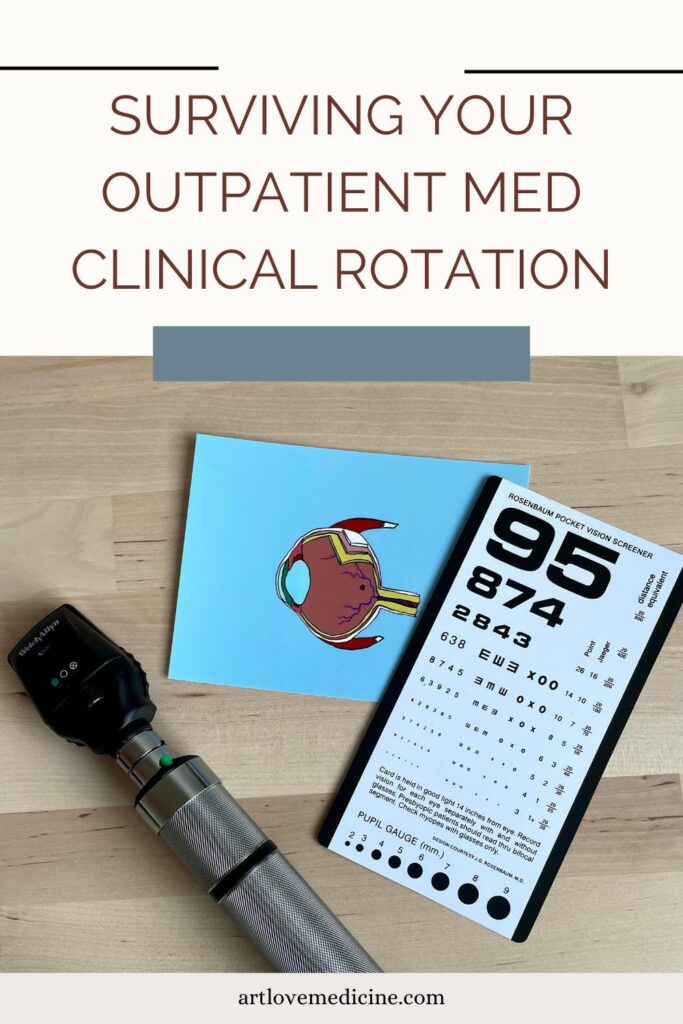
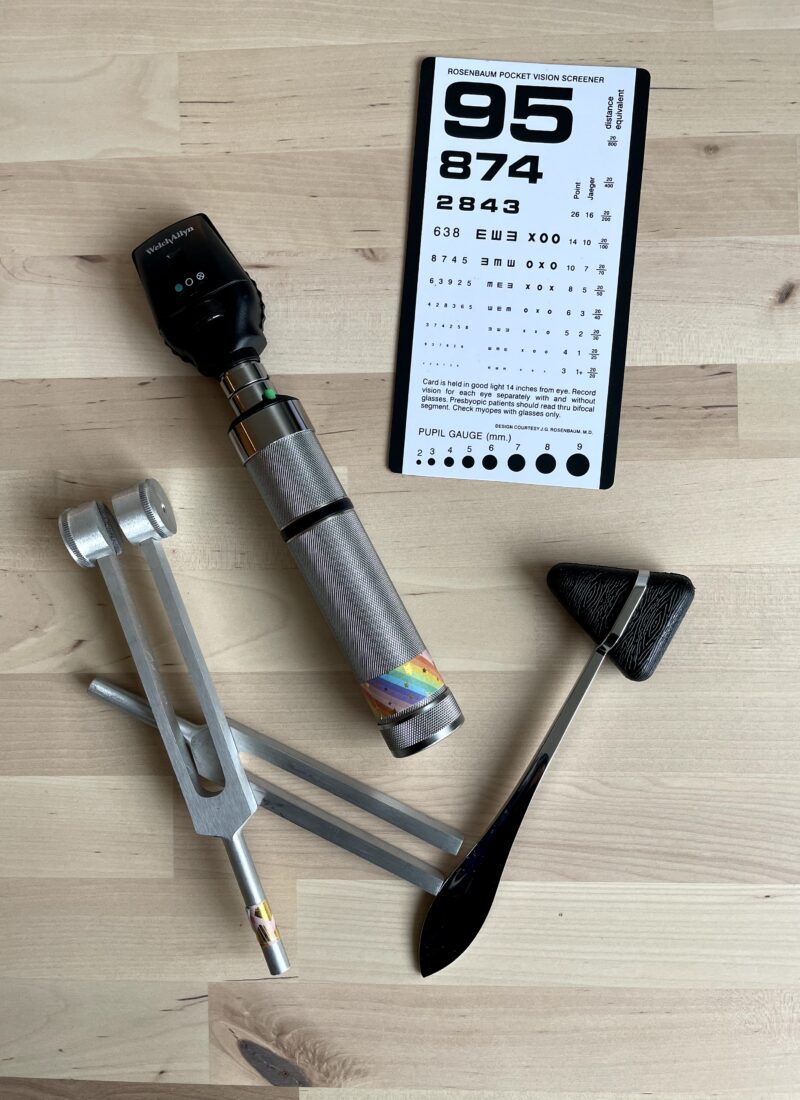
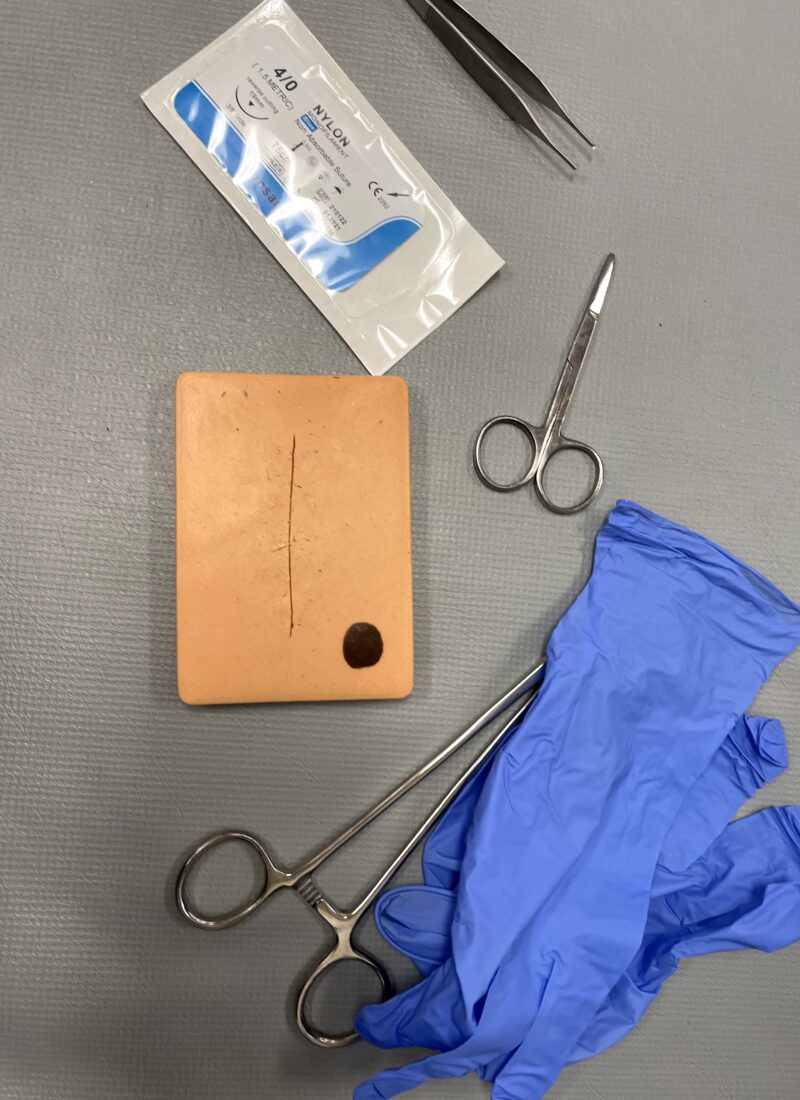
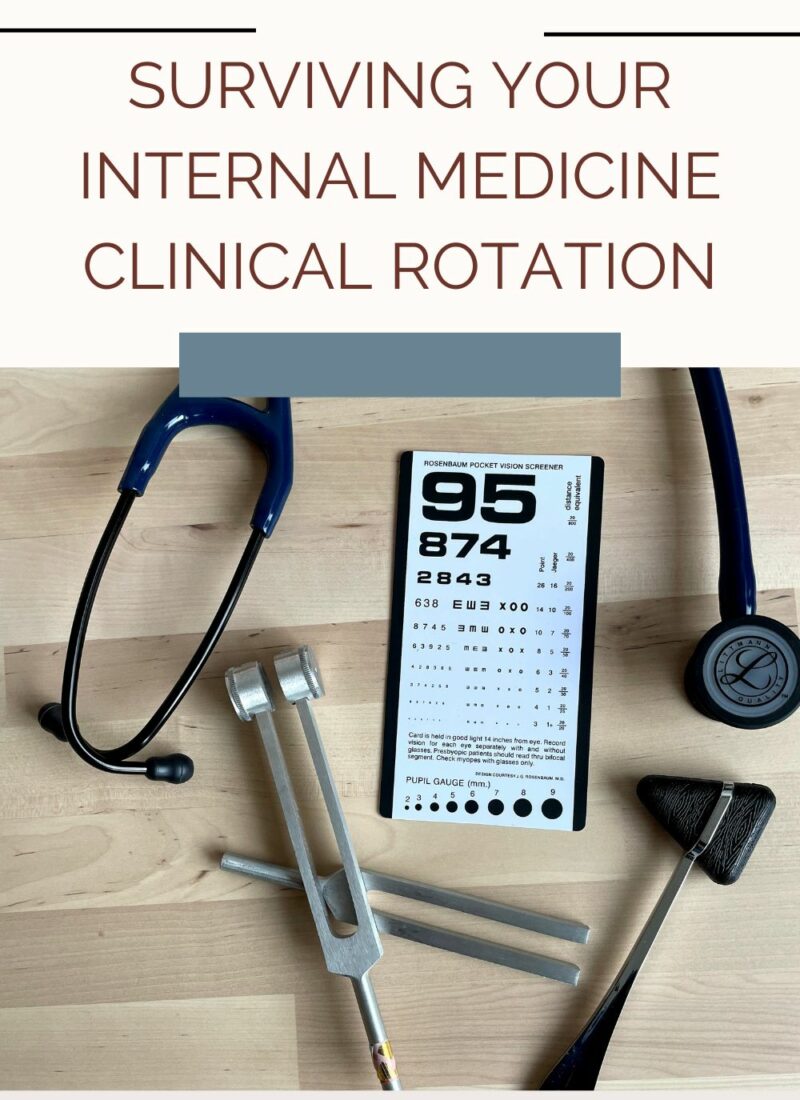
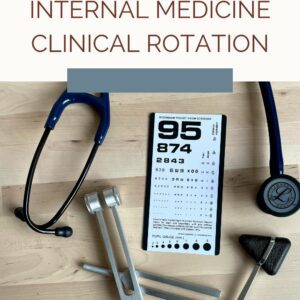
Leave a Reply